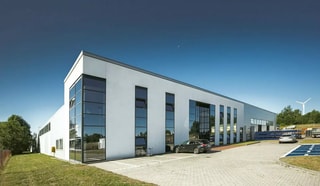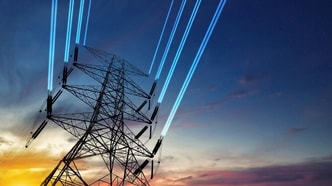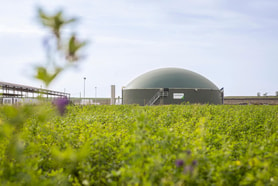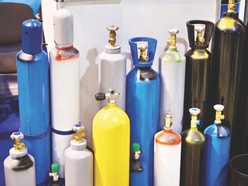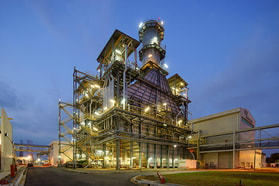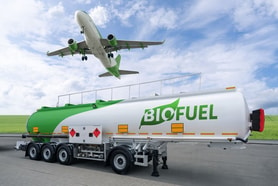Linde joins forces with BMW
The Linde Group has agreed contract terms to provide a BMW plant with a hydrogen fuelling system for its material handling fleet.
The BMW Manufacturing Co. plant in Spartanburg, South Carolina will benefit from over 85 pieces of material handling equipment and are also having their lead acid batteries replaced with hydrogen fuel cells.
Dr Andreas Opfermann, Head of Innovation Management of The Linde Group, remarked, “This is one of the largest hydrogen applications of its kind. We are proud to work together with BMW, supplying both a high-efficiency fuelling system and hydrogen with almost no carbon footprint. This project clearly shows the potential hydrogen offers for internal logistics.”
Refuelling at the six indoor dispenser stations will be facilitated by Linde’s Ionic Compressor fuelling system, combining high efficiency and high throughput with low-maintenance costs and low noise compression. The hydrogen supplied to BMW, a by-product of a chemical plant, is purified, compressed and liquefied by Linde using electricity produced from renewable hydropower.
Josef Kerscher, President of BMW Manufacturing, stated, “We have a clear vision and we are determined to reach our goal of using renewable energy as much as possible throughout the plant site. We realise this is an ambitious goal and the hydrogen fuel cell project puts us another step towards fulfilling our vision.”
Improved productivity
Refuelling trucks with hydrogen takes an operator less than three minutes, which compares with approximately 20 minutes to change a battery. Similarly, these units, when full, run on two kilogramme fuel tanks and run for 8-10 hours. Also fuel cells do not lose power over time, as lead-acid batteries do toward the end of a shift.
BMW has been able to reduce its overall electricity demand since there is no battery recharging involved. In doing so, the company has eliminated the environmental disposal costs for lead acid batteries.
... to continue reading you must be subscribed



